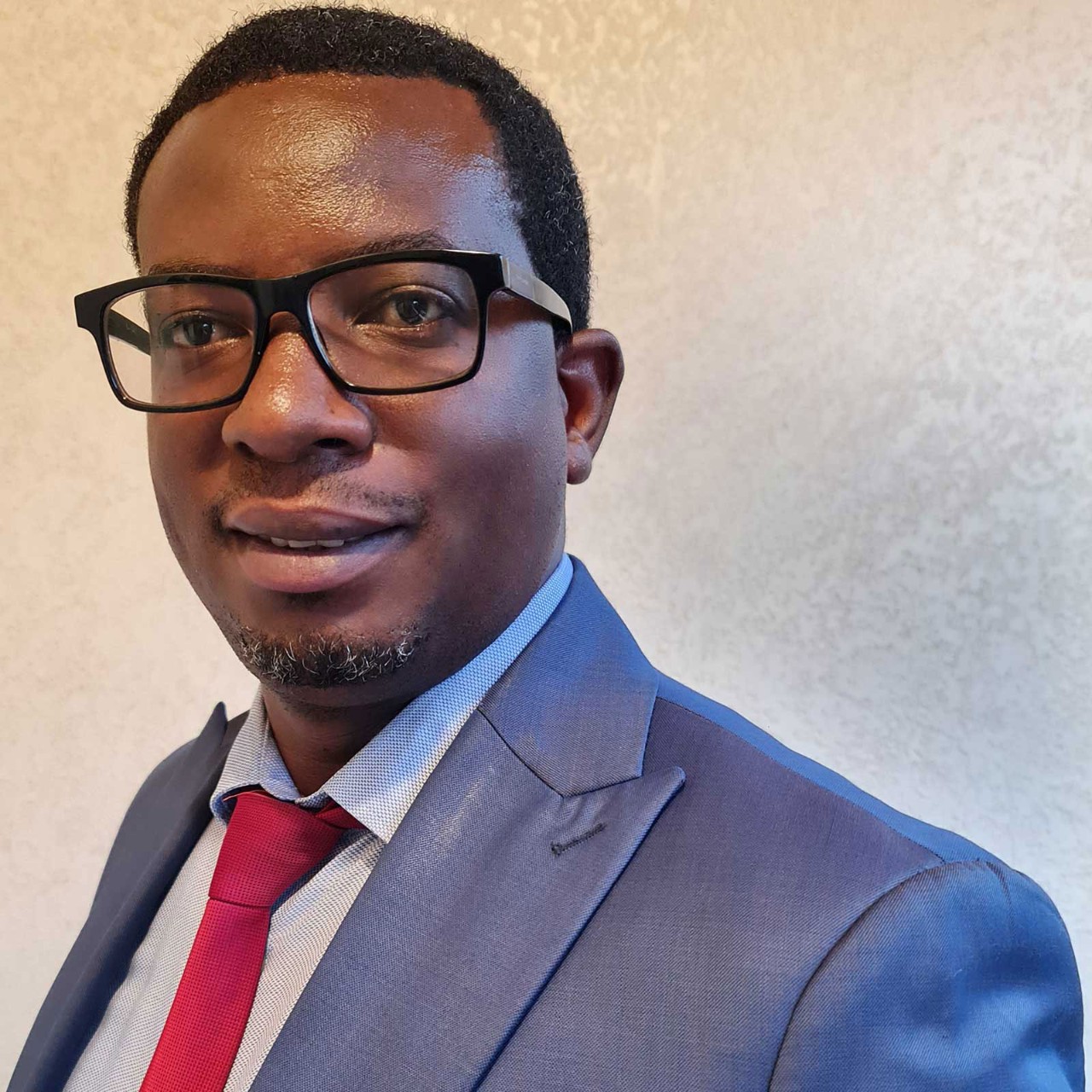
Across Africa, artificial intelligence (AI) is transforming business. More than 2,400 companies now specialise in AI and, according to Statista, the continent’s market is projected to reach US$6.9bn this year.
In order to harness the new technology’s transformative power, though, organisations and their finance professionals must be ready. This was the key message during a panel discussion on ‘Governing and optimising artificial intelligence in the finance industry’ at ACCA’s Africa Members Convention, held in Johannesburg, South Africa in December.
‘We have got to equip ourselves with the skills to manage this opportunity’
Speaking at the event, Brian Haizel, head of trade FICC at Obsidian Achernar, noted that AI will contribute a significant sum to the continent’s GDP if it can capture just 10% of the global market, which is projected to reach close to US$2 trillion by 2030. For this to be achieved, however, he pointed out that Africa needs to prioritise the development of relevant skills, encourage research and development, establish guidelines and promote sector collaboration to drive innovation.
People vs machines
Speaking on the same panel, Phila Ndarana, chief technology officer at the Auditor General of South Africa, noted that AI’s emphasis is on the creation of intelligent machines that can perform tasks like humans do. These machines are able to teach themselves and interpret information to make predictions based on the information they have.
AI helps auditors work smarter and optimise their time, ‘enabling them to use their human judgment to analyse a broader and deeper set of data and documents’, Ndarana said, adding that AI will enable auditors to ask more questions and interact more with CFOs, audit committees and company boards. ‘In this way, AI augments what we do, rather than replaces us. However, we have got to equip ourselves and our people with the skills necessary to manage this opportunity.’
‘AI allows humans to do what they do best – think and apply judgment’
When people are not factored in there can be consequences, as Kevin Moodley, director of financial services technology at BDO South Africa, noted. Investments in technology can amount to hundreds of millions of dollars, only for companies to find two years later that they have failed because they ‘haven’t invested enough on the people side and haven’t invested enough on the processes side,’ he said.
‘People is the part you need to take care of in this journey; the technology is the easy part,’ he pointed out, adding that among the key skills employees need is adaptability.
Beyond compliance
In a keynote address at ACCA convention, Vonani Chauke, deputy auditor-general of South Africa, said that leveraging technology had enabled the institution, which audits more than 1,000 entities, to go beyond compliance. Given that public procurement is where corruption happens, and that most auditors have only a basic knowledge of commercial law, by using AI the auditor can focus on pre-selected exceptions in complex contracts.
Ndarana agreed, pointing out that AI tools are able to accurately extract information from contracts with a higher level of precision than the average human review would be capable of. AI offers significant benefits across all sectors worldwide, including fewer human errors, 24/7 operations, efficiencies from automation, optimisation of repetitive and routine tasks, and increased speed and heightened quality of work, ‘thereby unlocking the potential of people, allowing them to do what they do best – think and apply judgment’, and aiding leaders in making decisions faster and more accurately.
‘We cannot wait for two years to release a framework’
‘We have already moved away from pure compliance to adding value,’ Chauke said. ‘In the long run we are also protecting the fiscus [public purse]’. As an example, he cited the introduction of a bot to allocate payments for audits. ‘Now the individual who used to sit and manually allocate this payment can focus on chasing up on those auditees who have not paid us,’ he explained.
Governance is vital
The risks, though, need to be considered. These include bias, privacy and deep-fake issues, which need to be managed through governance frameworks, Ndarana said. We need to build confidence in AI, and that can be achieved by governance frameworks and other risk mitigation strategies.
Moodley concurred, noting that privacy, security and transparency risk are crucial elements of AI given the amounts of data that run through these large language models. Given the exponential technological change, the industry needs to be agile. ‘We cannot wait for two years to release a framework to the market,’ he said.
‘I get that we need to follow a governance process but given the risk, which is significant from artificial intelligence, we need to respond quite quickly, even if that framework is not perfect; it needs to be a constant, living document that evolves throughout the process.’
‘AI is not the next frontier,’ noted Rajesh Mahabeer FCCA, CEO of Trilord Consulting South Africa, who moderated the panel discussion. ‘It is the frontier now. If used effectively and responsibly, it can be a very powerful competitive advantage for businesses and individuals.’
More information
Read our recent articles about AI including ‘AI for greener supply chains’, ‘AI and internal audit’, ‘Improve client experience with AI’, and ‘Shift the AI mindset‘
For more on large language models, read ‘The rise of the LLM‘
For more insights from the Africa Members Convention, read ‘Diversity and inclusion’s rewards’



